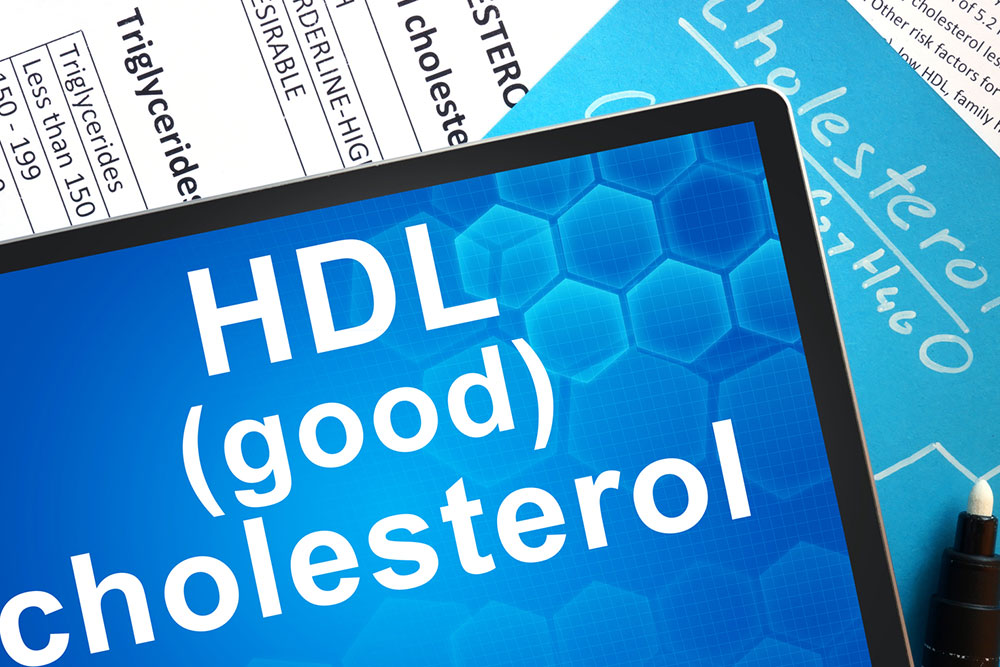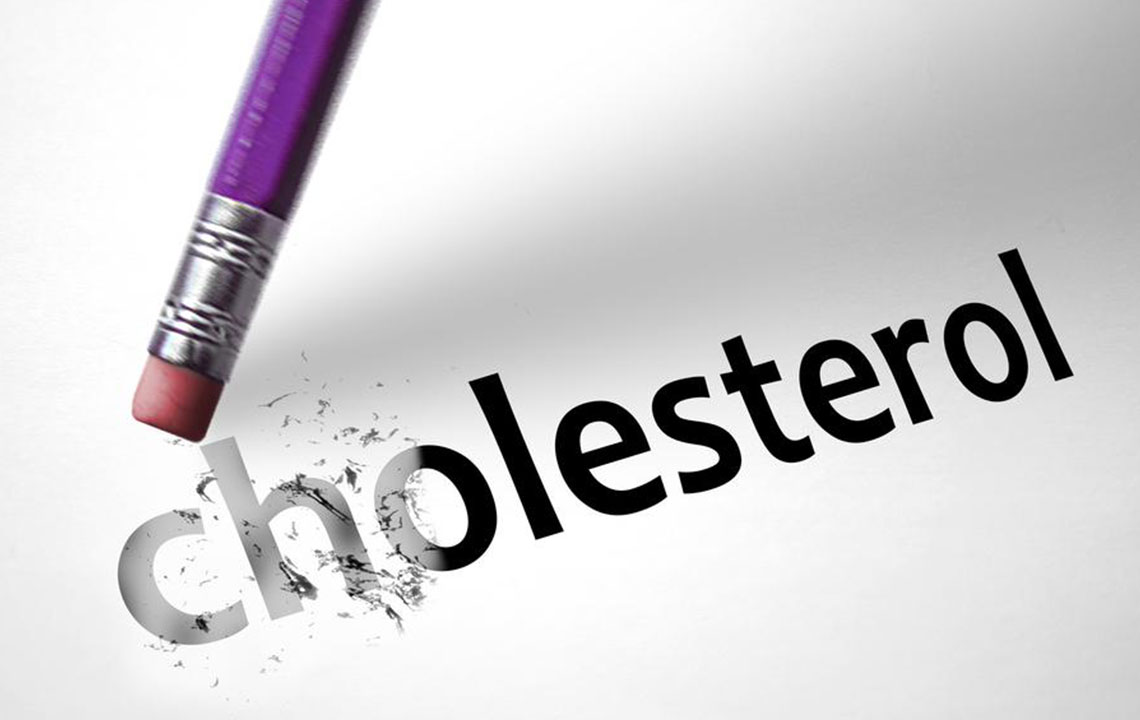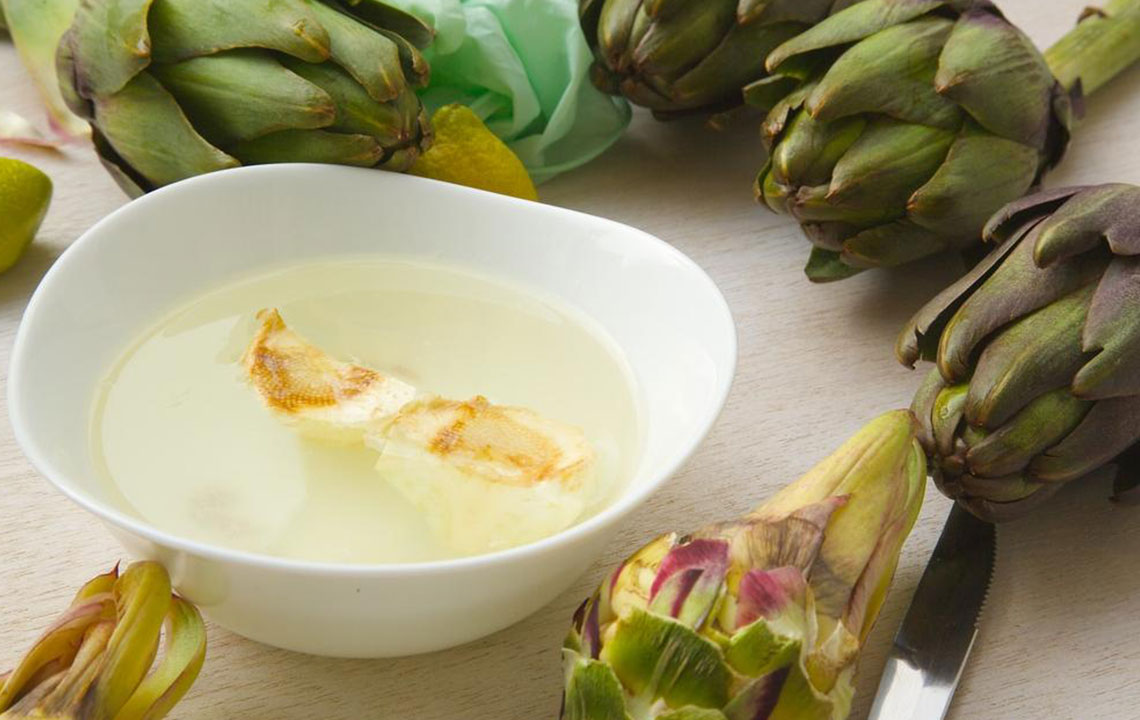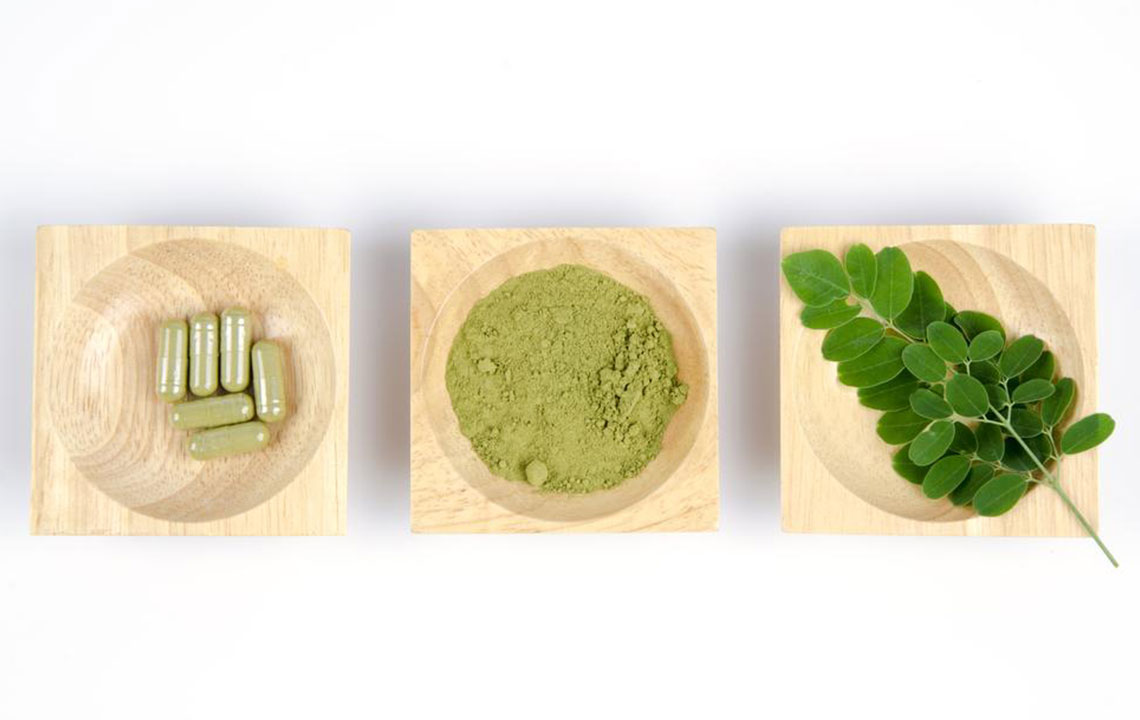Effective Natural Strategies to Lower LDL Cholesterol Levels
Discover natural and effective strategies to lower LDL cholesterol levels. This article offers practical lifestyle tips, including diet modifications, exercise routines, and lifestyle changes that can significantly improve heart health within weeks. Prioritize natural methods before considering medication, and learn how simple daily habits impact cholesterol management and overall wellness.

Effective Natural Strategies to Lower LDL Cholesterol Levels
High cholesterol increases the risk of heart-related conditions. Fortunately, LDL levels can be managed naturally with simple lifestyle adjustments. Making small yet consistent changes can lead to noticeable health benefits within just six weeks. While medications may be necessary for some, adopting natural methods first can reduce cholesterol effectively and possibly decrease medication dosage. Prioritizing natural remedies over pharmaceuticals is generally safer and free from side effects.
Below are some of the most effective natural ways to lower your LDL cholesterol:
Limit Consumption of Unhealthy Fats
Avoid fried foods, baked goods like cakes, pies, cookies, and fast foods. These foods tend to raise LDL and lower beneficial HDL cholesterol, increasing stroke risk. Always read food labels and steer clear of products containing 'partially hydrogenated oils,' which are sources of trans fats.
Maintain a Healthy Weight
Achieving a healthy weight is crucial for lowering LDL cholesterol. Even modest weight loss, such as shedding a few kilos, can reduce LDL by approximately 8%. Implement a calorie-controlled diet—women between 1000-1200 calories and men between 1200-1600 calories daily—to promote safe weight loss.
Engage in Regular Exercise
Aim for at least 3 hours of physical activity weekly to boost HDL levels and improve your lipid profile. Start gradually, adding even 10-minute sessions, and choose activities you enjoy. Exercising with a partner can provide motivation and maintain consistency.
Increase Intake of Soluble Fiber
Foods such as apples, beans, prunes, and oatmeal are rich in soluble fiber that helps absorb cholesterol. Consuming 5-10 grams daily may significantly reduce LDL levels. Be mindful not to overeat fiber, as excessive intake can cause bloating—brush up gradually.
Eat Fish Rich in Omega-3 Fatty Acids
Incorporate fish like salmon, sardines, and tuna into your diet 2-4 times weekly. High in omega-3s, fish help lower triglycerides and LDL while increasing HDL. Replacing red meat with fish can also protect your heart health.
Use Olive Oil Instead of Unhealthy Fats
Substituting olive oil for butter and hydrogenated oils can reduce LDL cholesterol by up to 15%. Extra virgin olive oil contains antioxidants beneficial for cardiovascular health, making it a heart-healthy choice.
Consume a Variety of Nuts
Nuts such as almonds, walnuts, and pistachios contain sterols that help lower LDL cholesterol. Incorporate them in moderation as part of a balanced diet—to aid cholesterol reduction without excess calories.
Quit Smoking
Smoking elevates LDL and diminishes HDL levels. Quitting can improve overall cholesterol balance, with some studies showing a 5% rise in HDL after one year. Avoid passive smoking too, as it can negatively impact cholesterol levels.
Enhance Flavor with Spices
Spices like garlic, ginger, cinnamon, cumin, black pepper, and coriander add taste and have cholesterol-lowering properties. Eating a small amount of garlic daily may reduce cholesterol by up to 9%. Spices can also curb appetite, aiding weight management.
Manage Stress
Elevated stress levels can spike cholesterol. Engage in relaxing activities like yoga, meditation, or hobbies. Laughter is also beneficial, as it raises HDL cholesterol and promotes overall well-being.
Simple lifestyle choices can prevent the complications of high LDL, including heart attacks and strokes. Prioritize natural methods for cholesterol management—remember, prevention is always better than cure.










